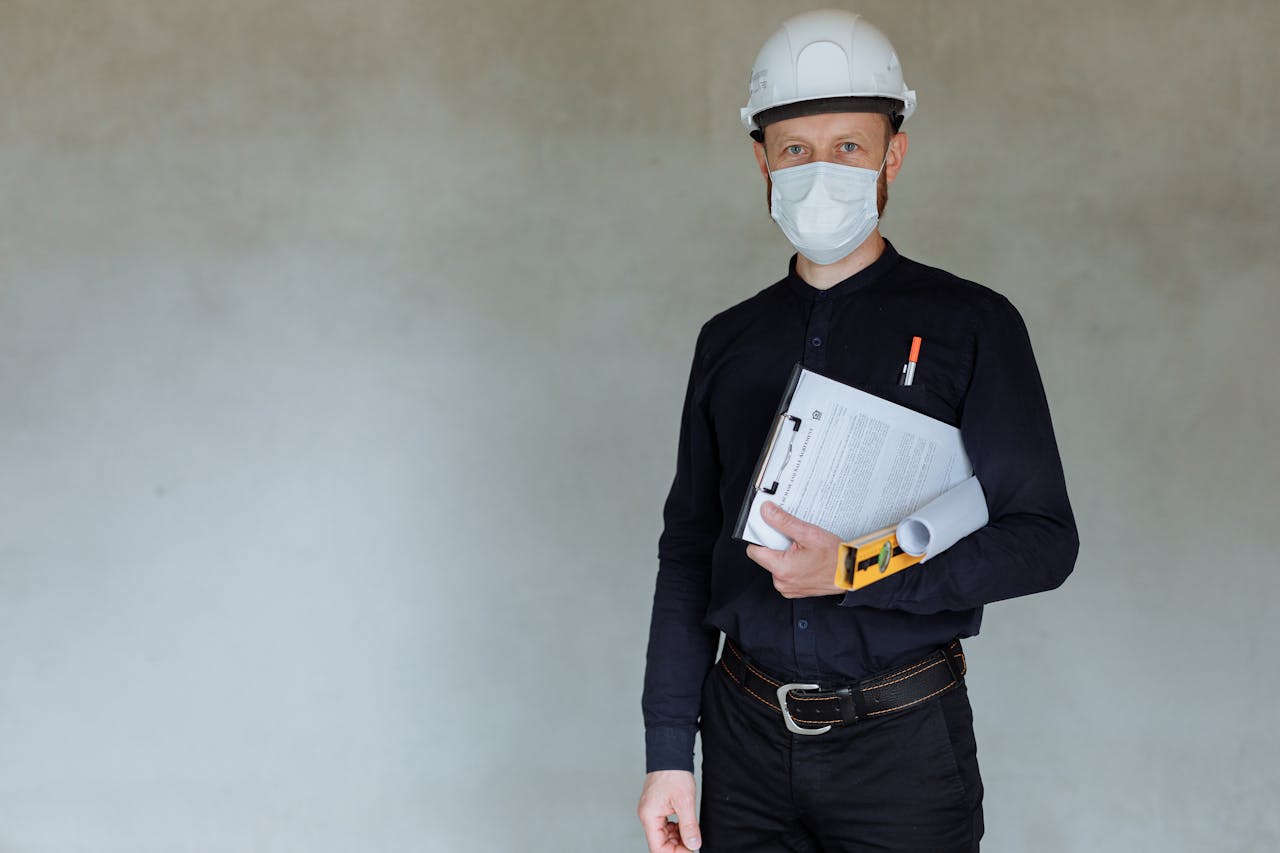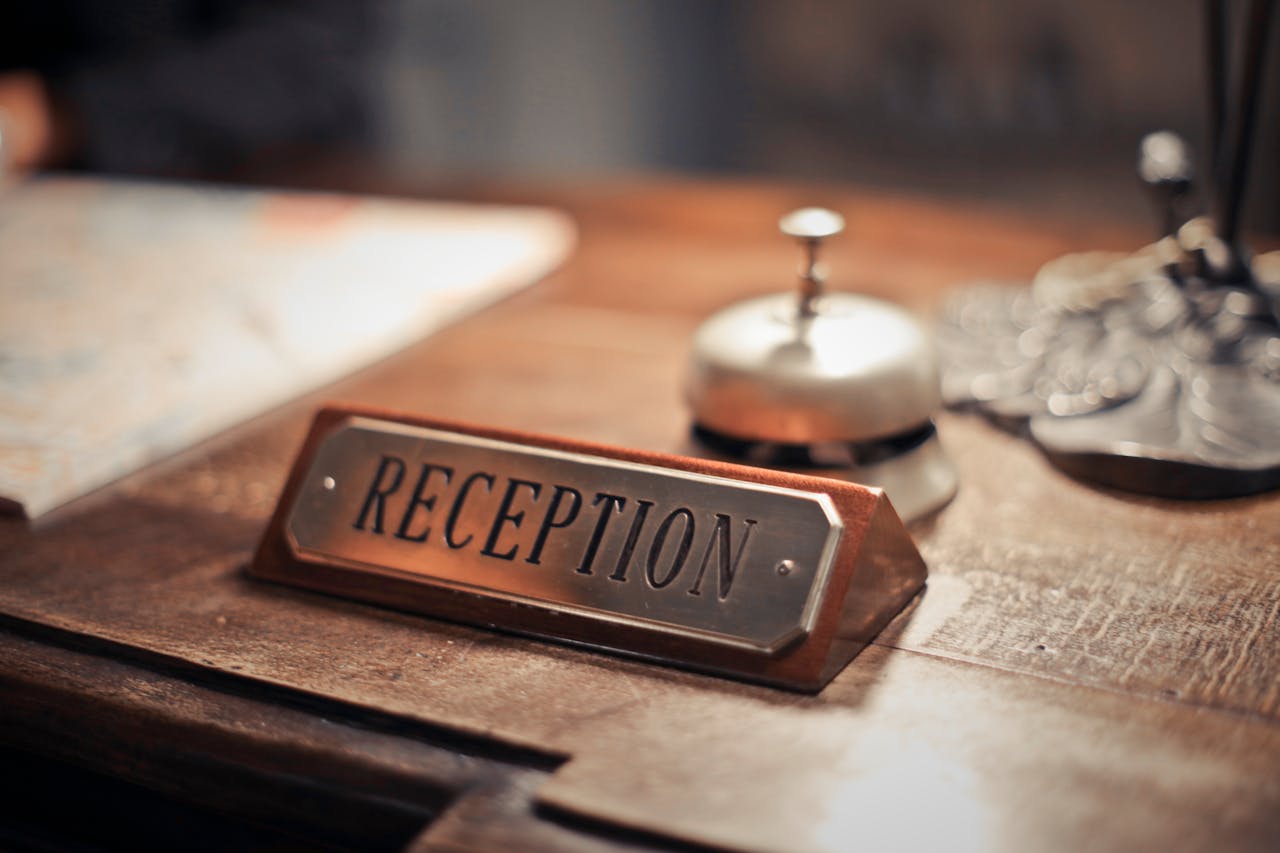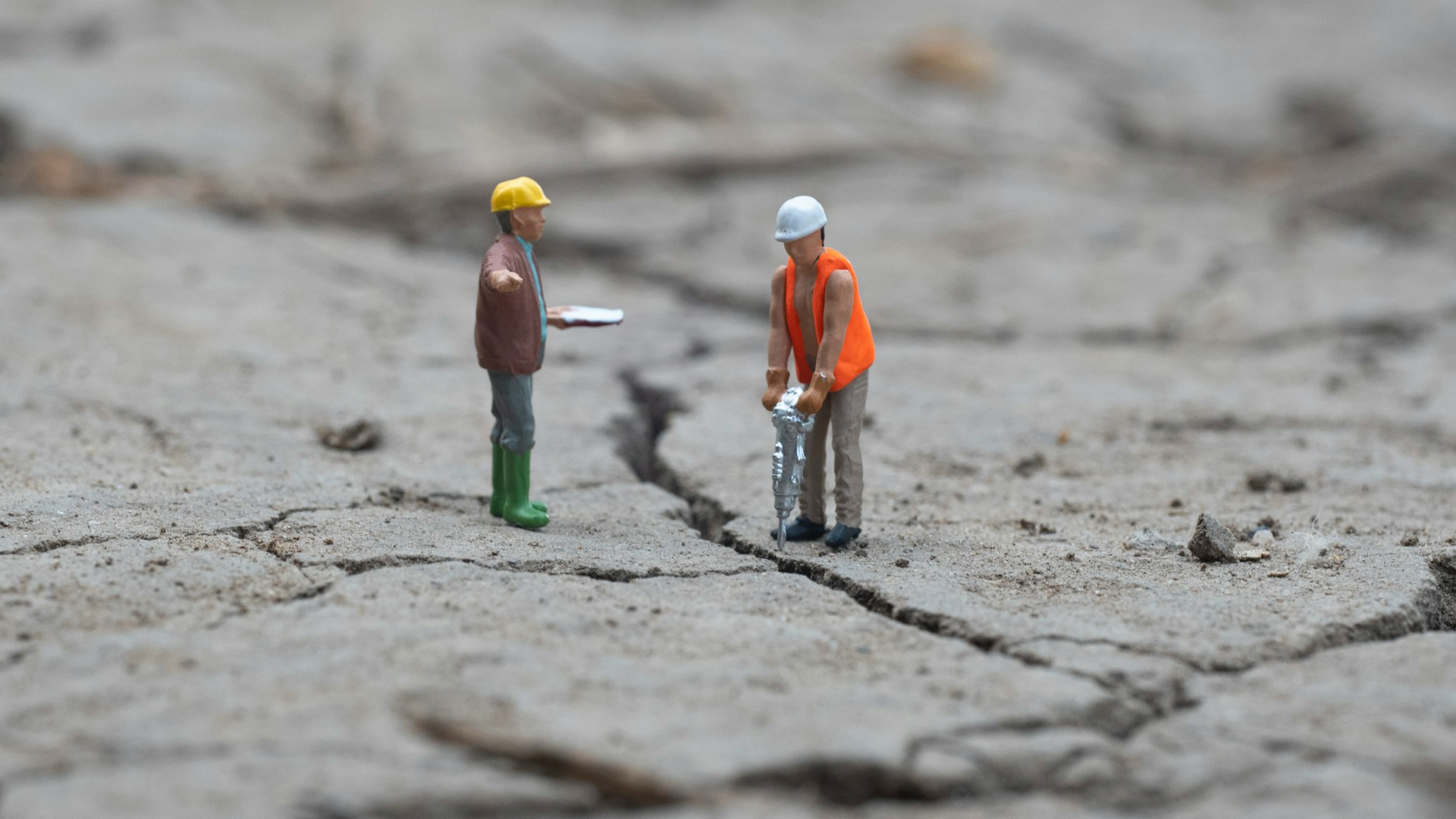As a general contractor serving developers and property owners in Dallas, we understand that navigating the city’s construction permit requirements is a crucial first step for any project. Dallas construction permits are necessary for most building projects involving structural elements or major systems. You’ll need a permit when building new structures, adding to or altering existing ones, or demolishing buildings. Permits are also required for projects involving HVAC, electrical, and mechanical systems.
However, certain minor projects are exempt from permit requirements. These exceptions include:
- Stopping leaks in pipes or plumbing (without replacing fixtures)
- Installing fences under 4 feet high in front yards (or under 6 feet elsewhere)
- Adding storm windows, rain gutters, or insulation
- Building accessory structures less than 200 square feet without utilities
- Non-structural interior remodeling that doesn’t change floor area or external openings
At EB3 Construction, we work closely with the City of Dallas Building Inspection Department to ensure all necessary permits are obtained before work begins. Their oversight helps maintain building codes and safety standards across the city. We always recommend consulting with the department early in the planning process, as requirements can sometimes change or have nuances based on your specific project and location.
Understanding these permit requirements and exceptions is essential for keeping your project on track and in compliance. In the following sections, we’ll explore the permitting process, costs, and how we manage this crucial step to ensure your construction project is set up for success.
What Are the Types of Construction Permits in Dallas?

At EB3 Construction, we understand the importance of obtaining the correct permits before starting any construction project in Dallas. The city categorizes construction permits into three main types to streamline the approval process and ensure compliance with local building codes and regulations.
Residential Permits
We frequently work with residential permits, which cover projects for single-family homes, duplexes, and other residential structures. These permits encompass a wide range of work, including:
- New home construction
- Home additions and expansions
- Major remodeling projects
- Installation of HVAC systems, electrical work, and plumbing
Whether we’re building a new custom home or renovating an existing property, we ensure all necessary residential permits are obtained before breaking ground.
Commercial Permits
For our commercial clients, we navigate the commercial permit process for projects involving non-residential buildings such as:
- Office buildings
- Retail spaces
- Industrial facilities
- Multifamily housing projects
Commercial permits cover new construction, major renovations, tenant improvements, and specialized installations. Our team is well-versed in the additional requirements and inspections often associated with commercial projects.
Trade Permits
The third category, trade permits, focuses on specialized work that requires licensed professionals. We coordinate with licensed subcontractors to obtain trade permits for:
- Electrical systems
- Plumbing installations
- Mechanical systems (including HVAC)
- Irrigation systems
These permits ensure that critical building systems are safely installed and up to code in both residential and commercial projects. Our established relationships with trusted trade professionals help streamline this process for our clients.
| Residential Permits | Single-family homes, duplexes, ADUs; includes new construction, additions, remodels, and system installations like HVAC, electrical, plumbing |
| Commercial Permits | Non-residential structures such as office buildings, retail, industrial, and multifamily housing; covers new builds, tenant improvements, and major renovations |
| Trade Permits | Specialized work like electrical, plumbing, mechanical, and irrigation systems; required for both residential and commercial projects |
By understanding and properly navigating these permit categories, we at EB3 Construction ensure that all projects comply with Dallas building codes and regulations from the outset. This proactive approach helps avoid costly delays and ensures a smooth construction process for our clients.
How Much Do Dallas Building Permits Cost?

Dallas building permit costs vary based on the project scope and valuation. Typically, permits start at a few hundred dollars, with fees calculated on total square footage and construction type. Here are some average costs for common project types:
- New single-family home construction: $1,500
- Addition to an existing single-family home: $1,000
- Addition and remodeling for an existing commercial building: $9,000
- New multifamily complex construction: $56,000
Keep in mind these are averages—your actual permit costs may differ. For a more accurate estimate, we recommend using the City of Dallas fee calculator available on their website. This tool allows you to input details about your project to generate a customized cost estimate.
When it comes time to pay for your permit, the City of Dallas offers several payment methods for your convenience:
- Cash
- Check
- Credit card
- Cashier’s check
- Money order
By understanding permit costs upfront and planning accordingly, you can budget better for your construction project and avoid surprises. Contact us if you need clarification on Dallas building permit fees or the application process.
| Project Type | Average Permit Cost |
| New single-family home construction | $1,500 |
| Addition to an existing single-family home | $1,000 |
| Addition and remodeling for an existing commercial building | $9,000 |
| New multifamily complex construction | $56,000 |
What Is the Application Process for Dallas Construction Permits?
At EB3 Construction, we understand that the permit application process can be complex. Here’s an overview of how we approach obtaining construction permits in Dallas:
Application Preparation and Submission
The first step involves gathering all required documents and preparing the application. We typically submit applications online through the city portal, though in-person submission at the Oak Cliff Municipal Center is also an option. Key requirements include:
- Two complete sets of construction plans and specifications
- Site plans showing existing and proposed conditions
- For certain projects, plans sealed by a licensed engineer or architect
Our team ensures all documentation is thorough and accurate before submission to avoid delays.
Plan Review
Once submitted, the application undergoes review by city officials to check compliance with local building codes and zoning laws. Review timelines vary based on project scope:
- Residential permits: 1-3 business days
- Commercial remodels: 12 business days
- New commercial construction: 20+ business days
We maintain open communication with reviewers to quickly address any questions or requests for revisions.
Inspection Scheduling
After permit approval, we coordinate required inspections at key construction phases. These typically include foundation, framing, mechanical/electrical/plumbing, and final inspections. Our project managers work closely with city inspectors to ensure all work meets code requirements.
Expediting Options
For time-sensitive projects, we may recommend leveraging the city’s expedited review process through their Q-Team. While this incurs additional fees, it can significantly reduce approval timelines for complex commercial projects.
We also often arrange zoning consultations early in the process to identify any potential issues before submission. This proactive approach helps minimize delays and revisions later on.
By managing the entire permitting process from start to finish, we allow our clients to focus on other critical aspects of their development projects. Our expertise navigating Dallas’s specific requirements helps ensure a smooth path from application to approval.
| Permit Type | Typical Review Time |
|---|---|
| Residential permits | 1-3 business days |
| Commercial remodels | 12 business days |
| New commercial construction | 20+ business days |
Dallas Construction Permit Statistics and Growth

As one of the nation’s hottest construction markets, Dallas continues to experience impressive growth in new home building activity. In the first two months of 2025 alone, the city issued over 9,800 building permits for new residential construction, ranking second nationally according to recent U.S. Census Bureau data analyzed by Consumer Affairs. This surge in permitting activity reflects Dallas’ ongoing commitment to expanding housing supply to meet rising demand.
This robust pace of new home construction is also translating into strong sales. Dallas ranks fifth among major U.S. metros for new construction closings, with approximately 740 newly built homes sold in January and February of 2025. This sales volume demonstrates a continued appetite for new housing stock in the region, even as the market has moderated somewhat from the frenzied pace of recent years.
City leaders attribute this growth to deliberate policy choices. Dallas Mayor Eric Johnson has advocated for a ‘build, baby, build’ approach, promoting reforms to streamline permitting processes and reduce regulatory barriers. Recent changes have cut red tape and lowered building costs, making it easier for developers to bring new inventory to market. The ForwardDallas comprehensive plan also emphasizes increasing housing density in strategic areas to accommodate population growth.
While the construction boom helps meet housing demand, affordability remains a pressing concern. Among Texas metros, Dallas has the highest average price for new construction homes at roughly $450,000. A 2024 study found that housing costs in the city are increasingly outpacing wage growth for many residents. This underscores the complex challenge of balancing growth with accessibility as Dallas works to expand its housing stock.
As we coordinate new development projects across Dallas, we at EB3 Construction remain attuned to these market dynamics and policy priorities. Our team works closely with developers, city planners, and community stakeholders to deliver high-quality housing that aligns with local needs and long-term growth strategies. By staying on top of permitting trends, zoning changes, and affordability considerations, we help ensure new construction contributes positively to Dallas’ evolving urban landscape.
Conclusion: Navigating Dallas Construction Permits Successfully
To successfully navigate Dallas construction permits, it’s essential to understand which projects require them, which department is responsible, and the key steps in the application process. Whether you’re a homeowner or contractor, being aware of the requirements, costs, and typical timelines will help you avoid unnecessary delays and compliance issues.
Consider these key points when pursuing permits in Dallas:
- Most construction, renovation, and major repair projects require permits.
- The Dallas Building Inspection Department oversees the permitting process.
- Permit costs vary based on project scope, typically ranging from a few hundred to several thousand dollars.
- The application process involves plan submission, review, and inspections.
- Review times can range from a few days for simple residential projects to several weeks for complex commercial builds.
For complex projects or when faster approval is crucial, using permit software or consulting services that specialize in Dallas construction permits can be invaluable. These resources can help navigate the intricacies of local regulations, ensure all requirements are properly met, and potentially expedite the approval process.
If you’re looking to navigate the complex Dallas construction permit process, contact EB3 Construction today.




